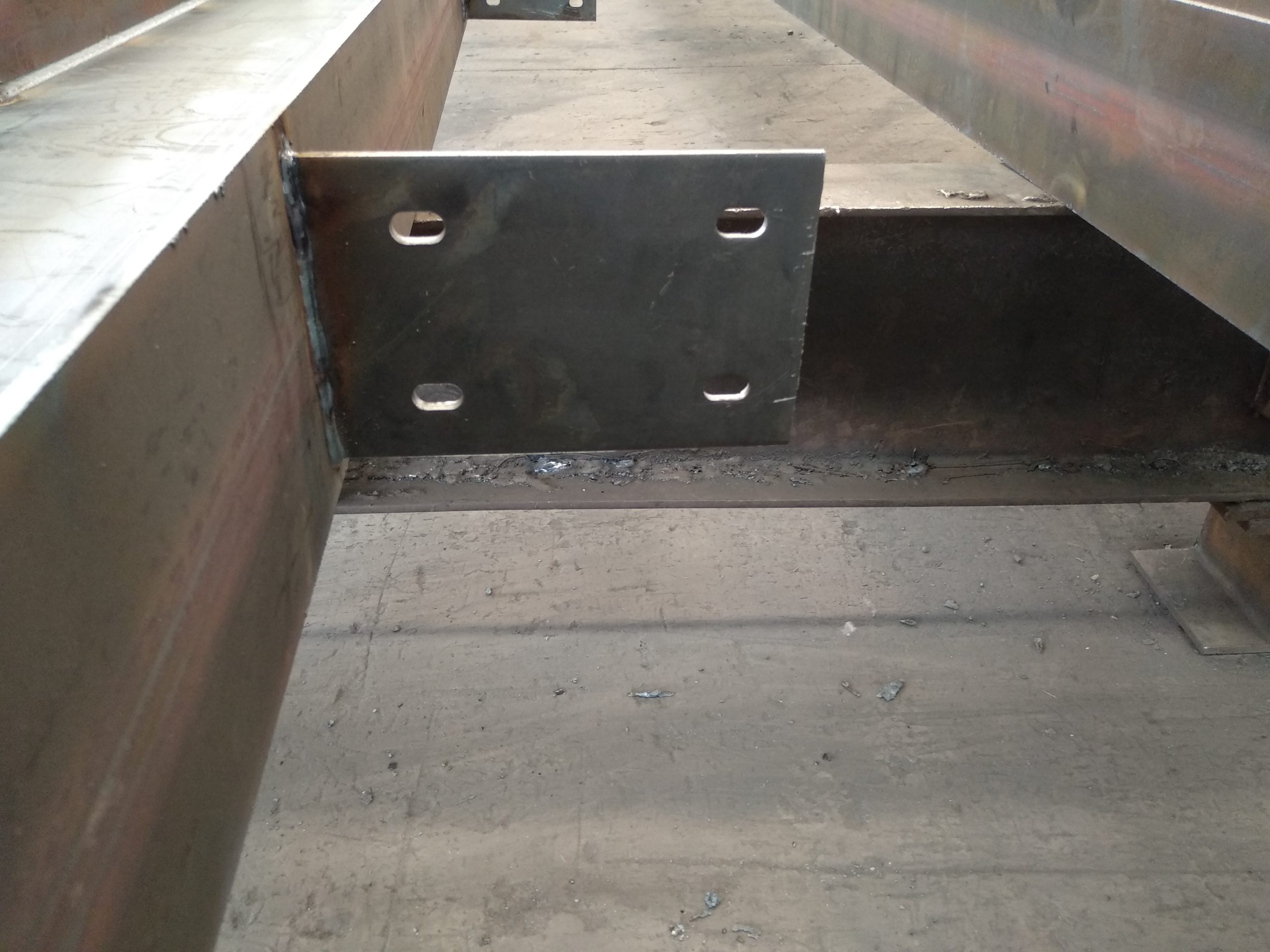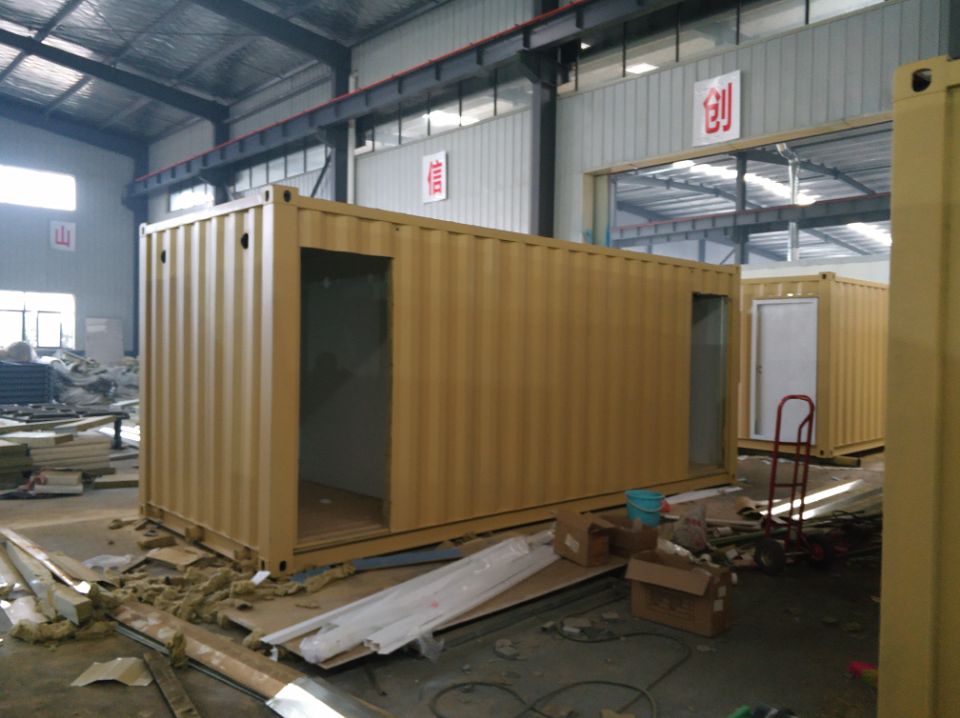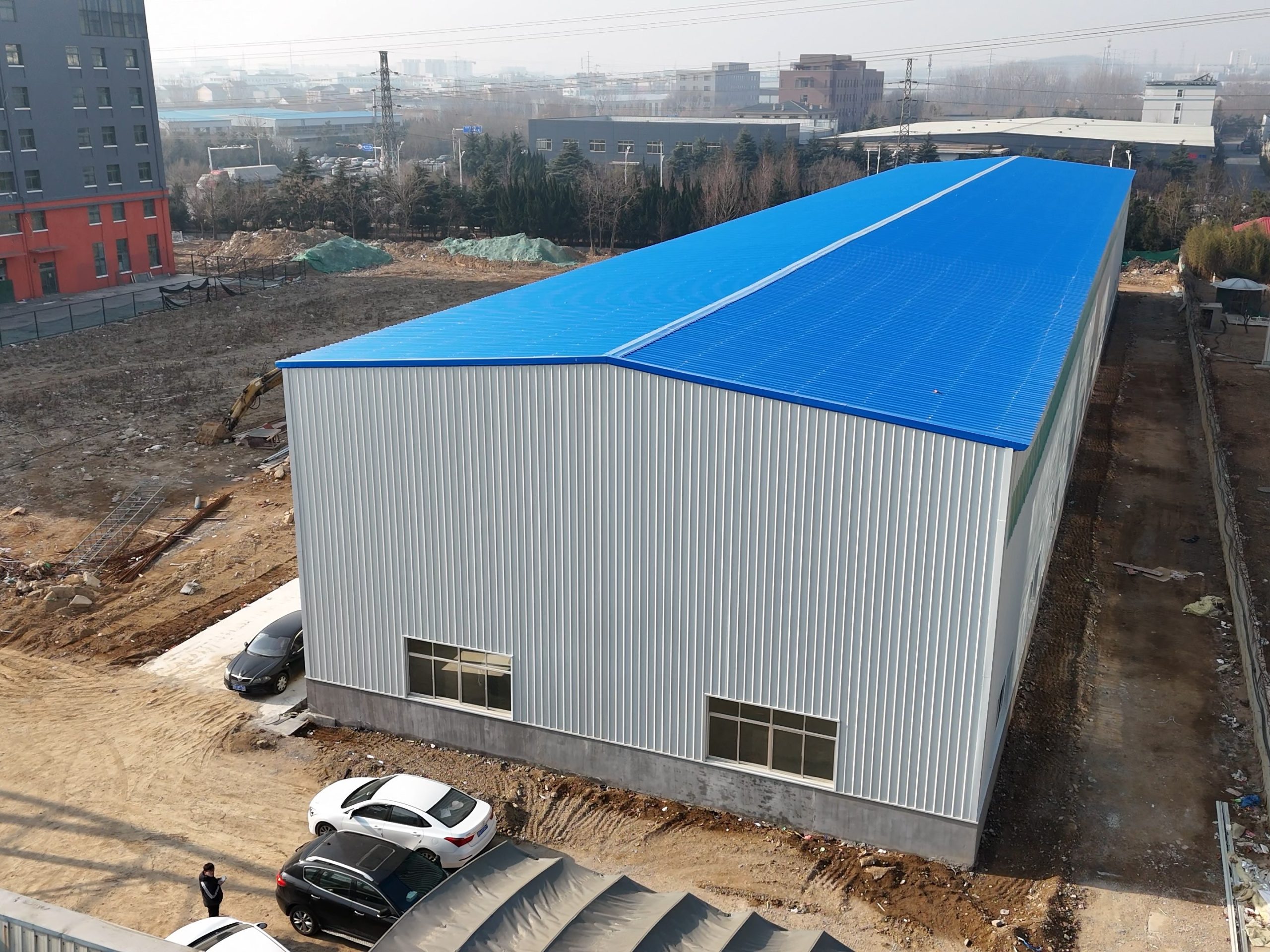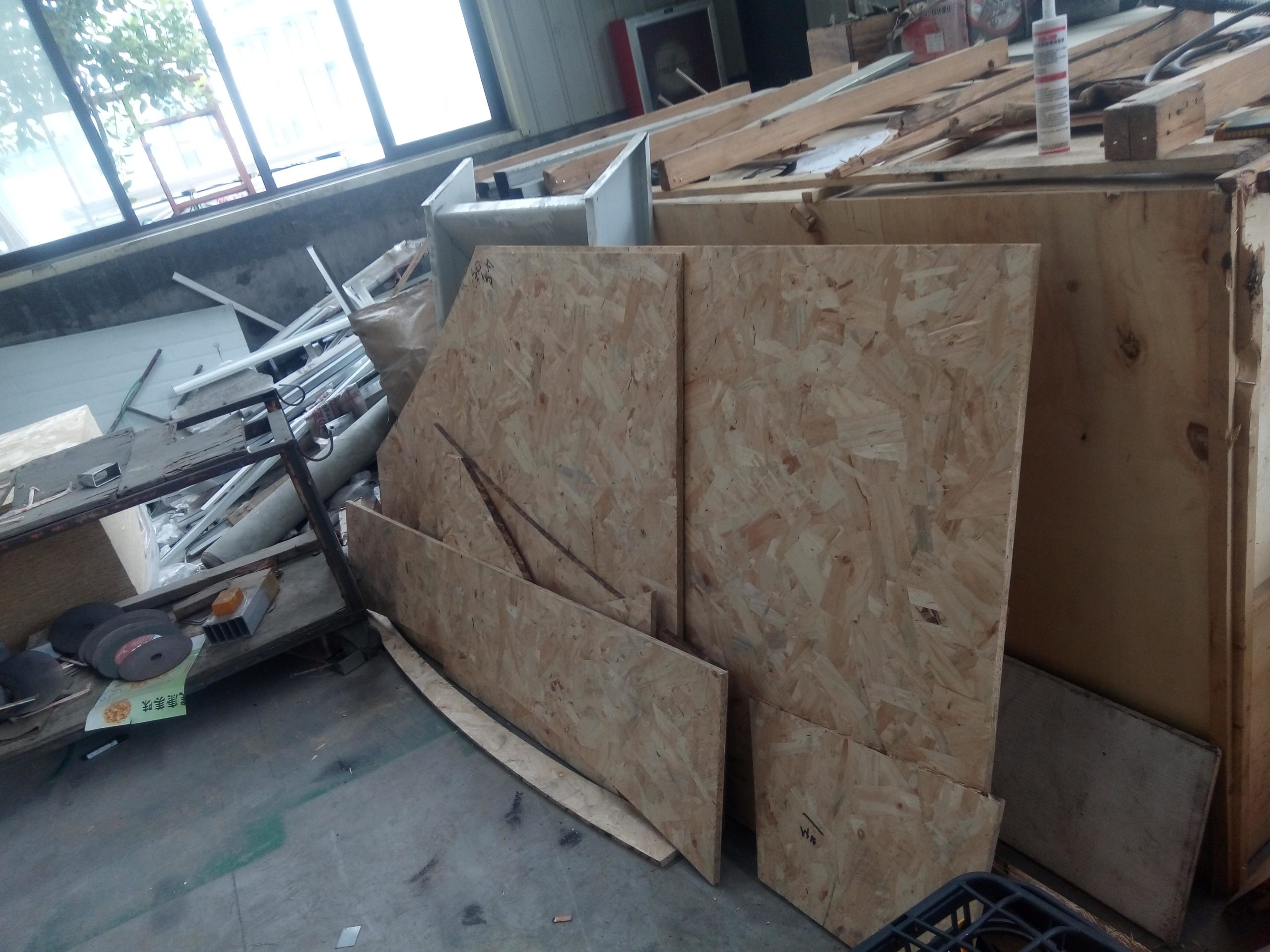Benefits of Using Box Houses for Field Operations in Hydraulic Engineering
Box houses are a crucial component in the field operations of hydraulic engineering. These structures are designed to provide a safe and efficient workspace for engineers and technicians working on various hydraulic projects. The use of box houses offers numerous benefits that contribute to the success of field operations in hydraulic engineering.


One of the primary advantages of using box houses is their versatility. These structures can be easily transported to different locations, making them ideal for projects that require mobility. Whether working on a riverbank, a dam, or a bridge, box houses can be set up quickly and provide a comfortable and secure environment for workers. This flexibility allows engineers to access remote or challenging sites without compromising on safety or efficiency.

In addition to their mobility, box houses are also designed to withstand harsh environmental conditions. Hydraulic engineering projects often take place in rugged terrain or extreme weather conditions, and box houses are built to withstand these challenges. With durable construction and weatherproof materials, these structures provide a reliable shelter for workers, equipment, and materials, ensuring that operations can continue uninterrupted even in adverse conditions.


Furthermore, box houses offer a high level of customization to meet the specific needs of each project. Engineers can equip these structures with the necessary tools, equipment, and technology to support their work effectively. From storage space for materials to workstations for data analysis, box houses can be tailored to provide a functional and efficient workspace for hydraulic engineering operations.
Another key benefit of using box houses is their cost-effectiveness. These structures offer a cost-efficient solution for setting up temporary workspaces in remote locations. By eliminating the need for permanent infrastructure, box houses help reduce construction costs and minimize the environmental impact of hydraulic engineering projects. Additionally, the mobility of these structures allows for efficient resource allocation, as they can be moved to different sites as needed, saving time and money on transportation and setup.

Moreover, box houses contribute to improved safety on hydraulic engineering sites. These structures provide a secure and controlled environment for workers, reducing the risk of accidents and injuries. With features such as secure entry points, ventilation systems, and emergency exits, box houses prioritize the well-being of personnel working in the field. By promoting a safe work environment, these structures help enhance productivity and efficiency in hydraulic engineering operations.
In conclusion, box houses play a vital role in field operations in hydraulic engineering. Their versatility, durability, customization options, cost-effectiveness, and safety features make them an essential asset for engineers and technicians working on hydraulic projects. By providing a reliable and efficient workspace, box houses contribute to the success and sustainability of hydraulic engineering operations. Whether used for data collection, analysis, or equipment maintenance, these structures offer numerous benefits that support the advancement of hydraulic engineering practices.


